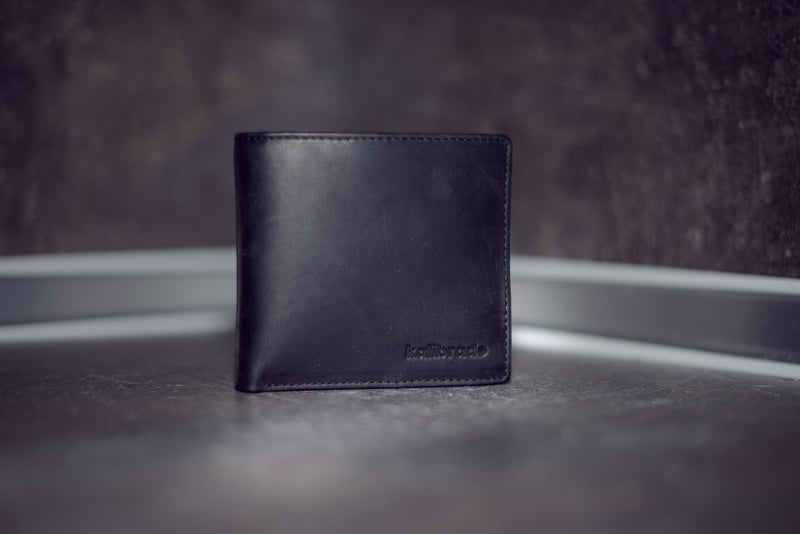Wallet Types
Understanding Cryptocurrency Wallets: A Guide for Beginners
Cryptocurrencies have taken the financial world by storm, offering a new way to transact and store value. If you are new to the world of cryptocurrencies, one of the first things you need to familiarize yourself with is a cryptocurrency wallet. In this guide, we will walk you through the basics of cryptocurrency wallets and the different types available.
What is a Cryptocurrency Wallet?
A cryptocurrency wallet is a digital tool that allows you to store, send, and receive cryptocurrencies. It securely stores your private and public keys, which are essential for accessing your cryptocurrency holdings and making transactions on the blockchain.
Types of Cryptocurrency Wallets
There are several types of cryptocurrency wallets, each offering different levels of security and accessibility. Here are some common types:
1. Hardware Wallets
Hardware wallets are physical devices that store your private keys offline, making them highly secure against online threats. They are ideal for long-term storage of large cryptocurrency holdings.

2. Software Wallets
Software wallets are applications or programs that you can install on your computer or mobile device. They are convenient for everyday use and transactions but may be less secure than hardware wallets.

3. Paper Wallets
Paper wallets involve printing your private and public keys on a piece of paper. While secure from online hacking, they can be vulnerable to physical damage or loss.

4. Online Wallets
Online wallets are web-based wallets that you can access through a browser. They are convenient but are considered less secure as they are susceptible to hacking and phishing attacks.

Choosing the Right Wallet
When selecting a cryptocurrency wallet, consider factors such as security, convenience, and the amount of cryptocurrency you plan to hold. It is recommended to use a combination of wallets for different purposes, such as a hardware wallet for long-term storage and a software wallet for everyday transactions.
Now that you understand the basics of cryptocurrency wallets and the types available, you are better equipped to start your journey into the world of cryptocurrencies. Remember to prioritize security and research thoroughly before choosing a wallet to safeguard your digital assets.
